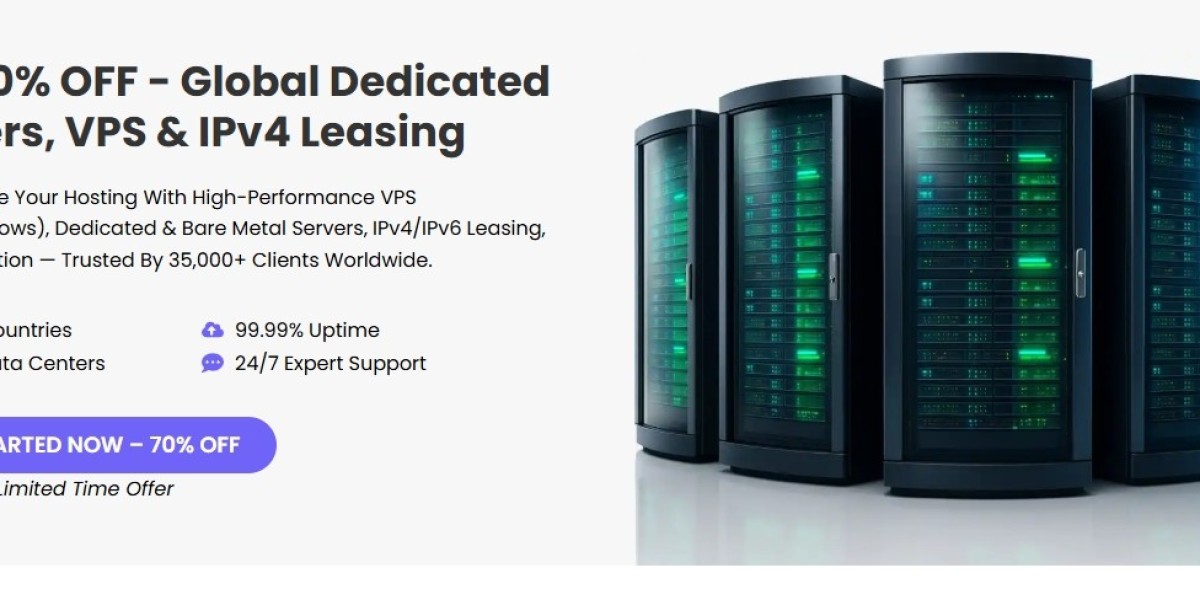The modern workplace is experiencing a fundamental transformation as organizations increasingly recognize the strategic importance of human resources technology. Today's competitive business environment demands more than traditional HR practices, it requires sophisticated, tech-driven solutions that can streamline operations, enhance employee experiences, and drive measurable business outcomes. Companies worldwide are investing heavily in HR technology platforms, with many professionals seeking specialized training through programs like SAP HCM Course in Mumbai to master these advanced systems.
The Evolution of HR Technology
Human resources departments have evolved from administrative function centers to strategic business partners. This transformation has been largely facilitated by technological advancements that automate routine tasks, provide data-driven insights, and enable HR professionals to focus on higher-value activities. Enterprise resource planning systems, particularly SAP Human Capital Management, have become cornerstone solutions for organizations seeking comprehensive HR technology integration. The demand for skilled professionals in this field has led to increased enrollment in specialized training programs, including SAP HCM Course in Mumbai.
Modern HR technology encompasses various solutions including applicant tracking systems, performance management platforms, learning management systems, and workforce analytics tools. These integrated systems create seamless workflows that eliminate redundancies, reduce manual errors, and provide real-time visibility into workforce metrics. Organizations implementing these technologies report significant improvements in operational efficiency and employee satisfaction levels.
Recruitment and Talent Acquisition Enhancement
Technology-driven recruitment processes have revolutionized how organizations identify, attract, and hire top talent. Artificial intelligence-powered screening tools can analyze thousands of resumes within minutes, identifying candidates who best match job requirements. Machine learning algorithms continuously improve their accuracy by learning from hiring decisions and outcomes. These capabilities enable HR teams to focus their time on high-potential candidates rather than sorting through unsuitable applications. Professionals upgrading their skills through SAP HCM Course in Mumbai learn to leverage these advanced recruitment functionalities effectively.
Automated scheduling systems coordinate interview processes across multiple stakeholders, while video interviewing platforms expand talent pools beyond geographical constraints. Predictive analytics help organizations forecast hiring needs based on business growth projections, seasonal patterns, and historical turnover data. This proactive approach ensures adequate staffing levels while minimizing recruitment costs and time-to-fill metrics.
Employee Engagement and Experience Optimization
Digital HR solutions significantly enhance employee engagement through personalized experiences and streamlined processes. Self-service portals empower employees to access information, submit requests, and complete tasks independently, reducing dependency on HR staff for routine inquiries. Mobile applications enable workforce management on-the-go, particularly valuable for distributed teams and remote workers. These technological improvements directly correlate with higher employee satisfaction scores and retention rates. Organizations investing in comprehensive HR technology training, such as SAP HCM Course in Mumbai, position themselves to maximize these engagement benefits.
Real-time feedback systems replace traditional annual reviews with continuous performance conversations. Pulse surveys and sentiment analysis tools provide ongoing insights into employee morale and organizational culture health. Gamification elements within HR platforms encourage participation in training programs, wellness initiatives, and company-wide objectives, creating more engaging workplace experiences.
Performance Management and Analytics
Data-driven performance management represents one of the most significant advantages of modern HR technology. Advanced analytics platforms transform raw HR data into actionable insights, enabling evidence-based decision-making across all organizational levels. Key performance indicators, including productivity metrics, engagement scores, and retention rates, become easily trackable and comparable across departments, locations, and time periods. HR professionals equipped with skills from comprehensive training programs like SAP HCM Course in Mumbai can interpret these analytics effectively to drive strategic improvements.
Predictive modeling capabilities help organizations identify flight risks before employees actually leave, enabling proactive retention strategies. Performance trending analysis reveals patterns that inform succession planning and career development initiatives. These insights support more strategic workforce planning and resource allocation decisions.
Learning and Development Transformation
Technology-enabled learning and development programs deliver personalized training experiences that adapt to individual learning styles and career objectives. Microlearning platforms break complex topics into digestible modules, improving knowledge retention and completion rates. Virtual reality and augmented reality technologies create immersive training environments, particularly effective for safety training and skill development scenarios. Organizations seeking to implement these advanced learning technologies often require specialized expertise, driving demand for training programs such as SAP HCM Course in Mumbai.
Learning management systems track progress, identify skill gaps, and recommend relevant training content based on role requirements and career aspirations. Social learning features enable knowledge sharing and collaboration among employees, creating communities of practice that extend beyond formal training programs.
Compliance and Risk Management
Automated compliance monitoring ensures organizations maintain adherence to labor laws, safety regulations, and industry standards. Digital record-keeping systems provide audit trails and documentation required for regulatory compliance. Alert systems notify relevant stakeholders of approaching deadlines, renewal requirements, or potential compliance issues before they become problematic. These technological safeguards reduce legal risks and associated costs while ensuring consistent policy application across all organizational levels. Professionals trained through specialized programs like SAP HCM Course in Mumbai understand how to configure these compliance features effectively.
Workforce analytics identify patterns that may indicate discrimination, harassment, or other workplace issues, enabling proactive intervention strategies. Automated reporting capabilities ensure timely submission of required documentation to regulatory bodies.
Cost Optimization and ROI
Technology-based HR solutions deliver measurable return on investment through various cost reduction mechanisms. Automation eliminates manual processing time, reducing labor costs associated with routine administrative tasks. Digital workflows minimize paper usage and storage requirements while accelerating approval processes. Improved hiring accuracy reduces turnover-related costs including recruitment, training, and productivity losses. Organizations implementing comprehensive HR technology solutions, supported by skilled professionals trained through programs like SAP HCM Course in Mumbai, typically achieve significant cost savings within the first year of implementation.
Predictive analytics help optimize workforce planning, ensuring appropriate staffing levels without over-hiring or under-staffing situations. Energy management features within integrated systems help reduce facility costs through better space utilization and resource allocation.
Integration and Scalability Benefits
Modern HR technology platforms offer seamless integration with existing business systems, creating unified data ecosystems that eliminate information silos. This integration enables comprehensive reporting and analytics across all business functions. Scalable architectures accommodate organizational growth without requiring complete system replacements, protecting technology investments over time. Cloud-based solutions provide flexibility and accessibility while reducing infrastructure costs. Professionals seeking expertise in these integrated systems often pursue specialized training such as SAP HCM Course in Mumbai to master complex system configurations.
API-driven architectures enable custom integrations with specialized tools and third-party applications, creating tailored solutions that meet unique organizational requirements. This flexibility ensures technology investments remain relevant as business needs evolve and industry requirements change.






